A Texas judge just temporarily blocked an exciting new law proposed by the Biden administration. The rule would cap all credit card fees at $8.
The limit was proposed through the Consumer Financial Protection Bureau along with the government’s ongoing plan to cancel out all predatory fees with no purpose. The administration notes that these “junk fees” drain billions of dollars from consumer’s bank accounts every year.
Limits on Predatory Fees
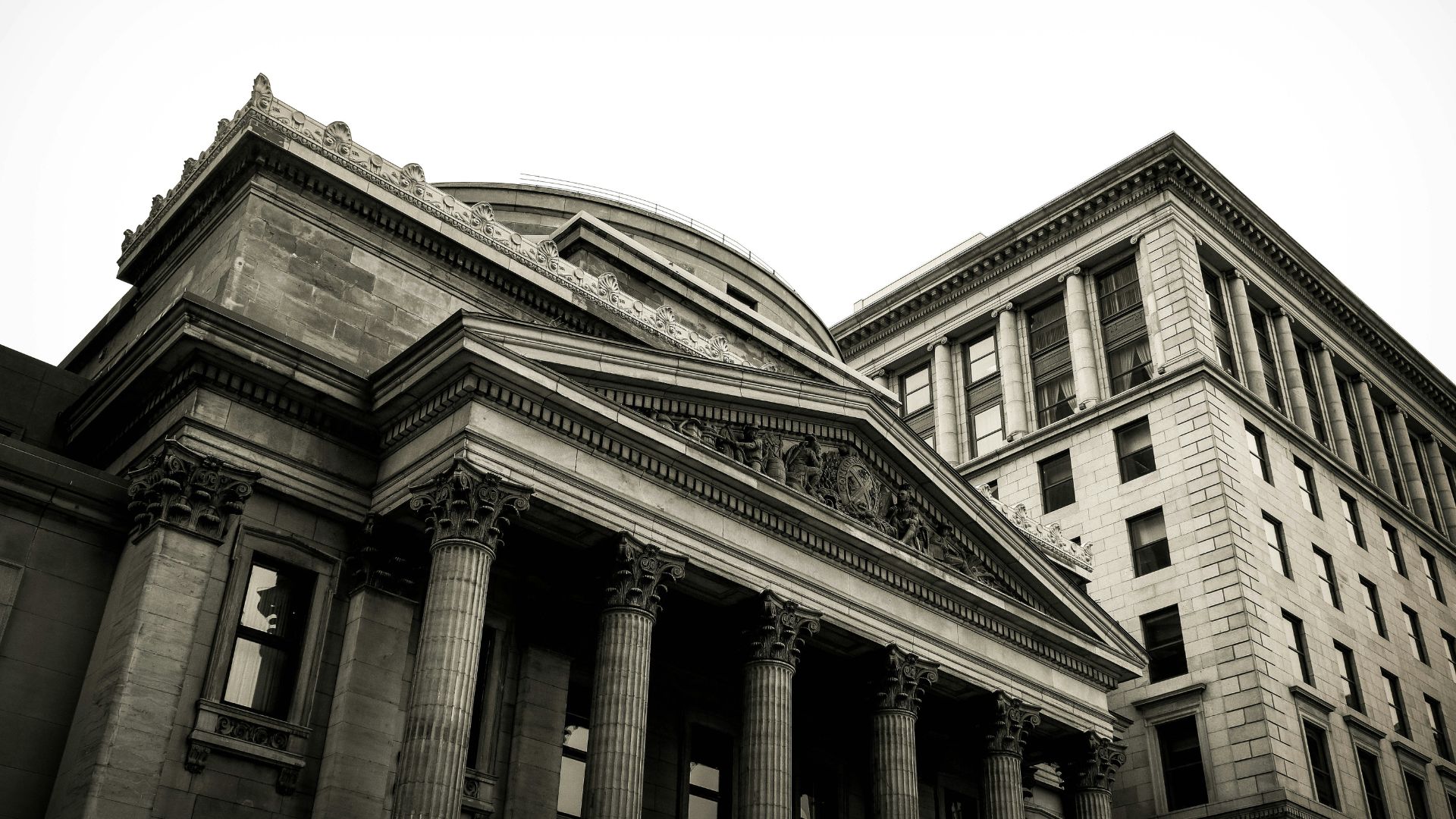
The Biden administration meant to impose an $8 cap on monthly individual fees.
The law would stop credit card companies and banks from imposing exorbitant late fees for missed payments. These fees can often worsen a person’s already dire financial situation.
Some Exceptions

There were some exceptions to the new law. If a company could prove through hard data that the higher charges are needed to recoup annual losses, they may be exempt from the rule.
However, several consumer rights groups say that the reason for ultra-high credit card fees is to boost profits by gaining revenue by providing zero value to the customer.
Judge Pittman

On Friday, U.S. District Judge Mark T. Pittman, based in Fort Worth, blocked the CFPB ruling and granted a preliminary injunction to banking institutions that have spoken out against the policy.
Several large businesses and institutions sued the CFPB on the grounds that the new rule violated several federal statutes.
Circuit Court of Appeals
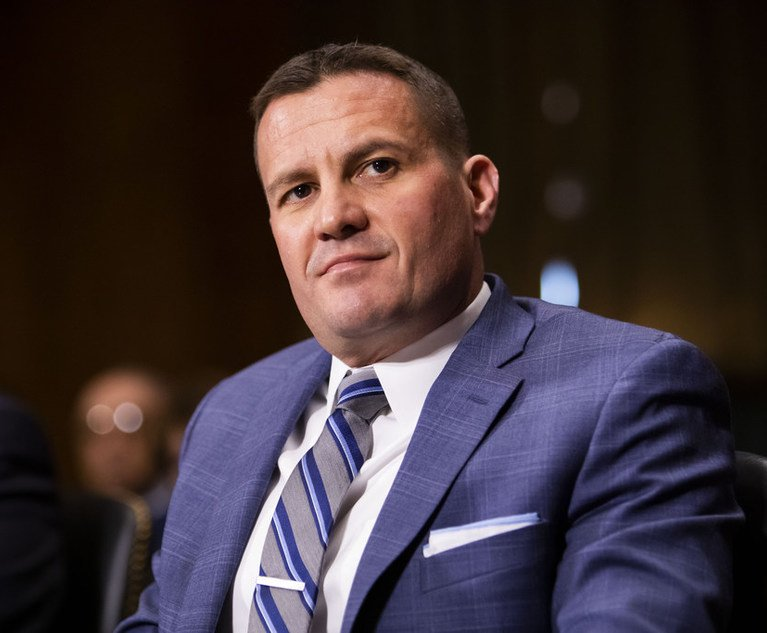
Pittman, who was originally appointed to the federal court by former President Donald Trump, cited a ruling in the New Orleans-based 5th U.S. Circuit Court of Appeals in 2022 to justify blocking the ruling.
The Court of Appeals deemed the CFPB’s funding structure to be “unconstitutional. Consequently, any regulations promulgated under that regime are likely unconstitutional as well,” Pittman ruled. “Thus, Plaintiffs establish a likelihood of success on the merits.”
Responsible Consumers Should Be Happy

The Counsel to the U.S. Chamber of Commerce Litigation Center said that striking down the rule was “a major win for responsible consumers who pay their credit card bills on time and businesses that want to provide affordable credit.”
However, this statement appears to demonize the other consumers who say that the late fees imposed are often predatory and unfair.
Big Lobbying

Big credit card companies spend an entire year lobbying hard against the CFPB and claim that late fees are an essential part of their business.
Lobbyists often work for big companies to attain their end goal, regardless of whether the goal is good for consumers or the general public.
Major Banks Unite
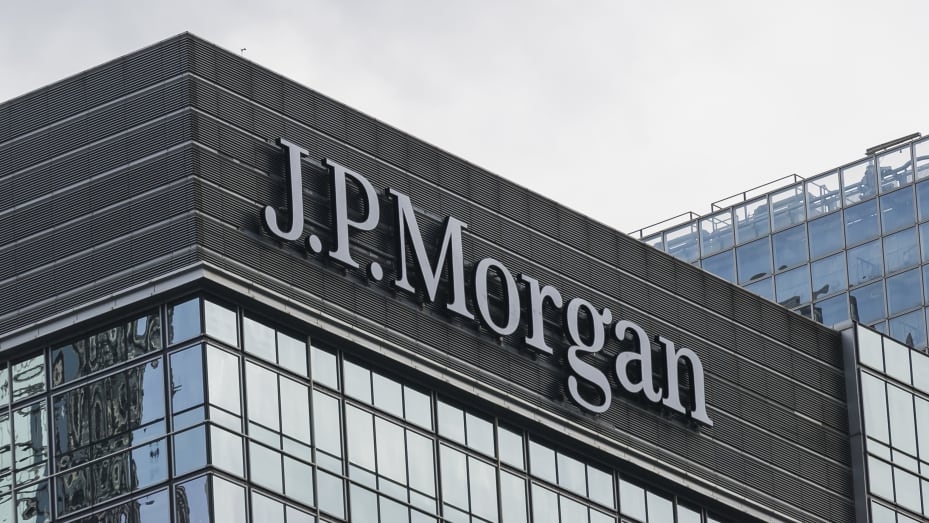
The group that paid lobbyists to fight for their interests included a group of large corporations.
Bank of America, JP Morgan Chase, Capital One, and CitiBank, the American Bankers Association and the Consumer Banker Association also took part in the chamber lawsuit.
Consumer Advocacy Groups Are Not Happy

The CFPB and several consumer advocacy groups have condemned the move as they vowed to continue to work in the best interests of the American people.
The law would have changed late fees to $8 maximum and would cut current late fees by 75% from $32.
Almost One Billion in Late Fees
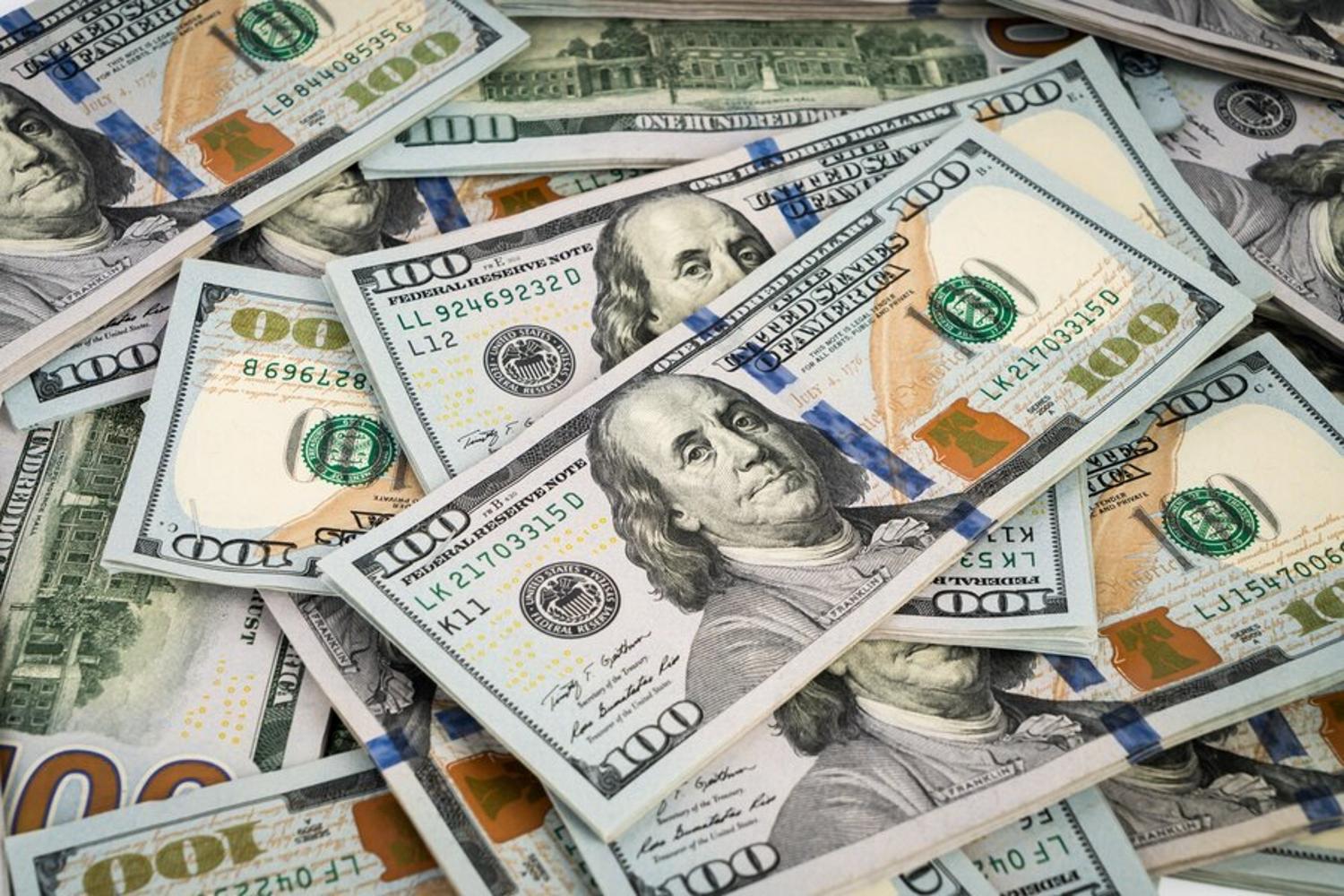
“Consumers will shoulder $800 million in late fees every month that the rule is delayed — money that pads the profit margins of the largest credit card issuers,” a spokesperson told reporters.
Currently, this means that almost a billion in effort-free funds are extracted needlessly from customers.
Making Changes for Real Americans

Chuck Bell, a program director for the consumer rights group Consumer Reports, said that Pittman’s decision was “disappointing”.
They also noted that “Credit card companies have been bilking consumers out of billions of dollars in excessive late fees for far too long,” a move that Biden personally backed as a way to improve the lives of Americans.
The White House Is Disappointed
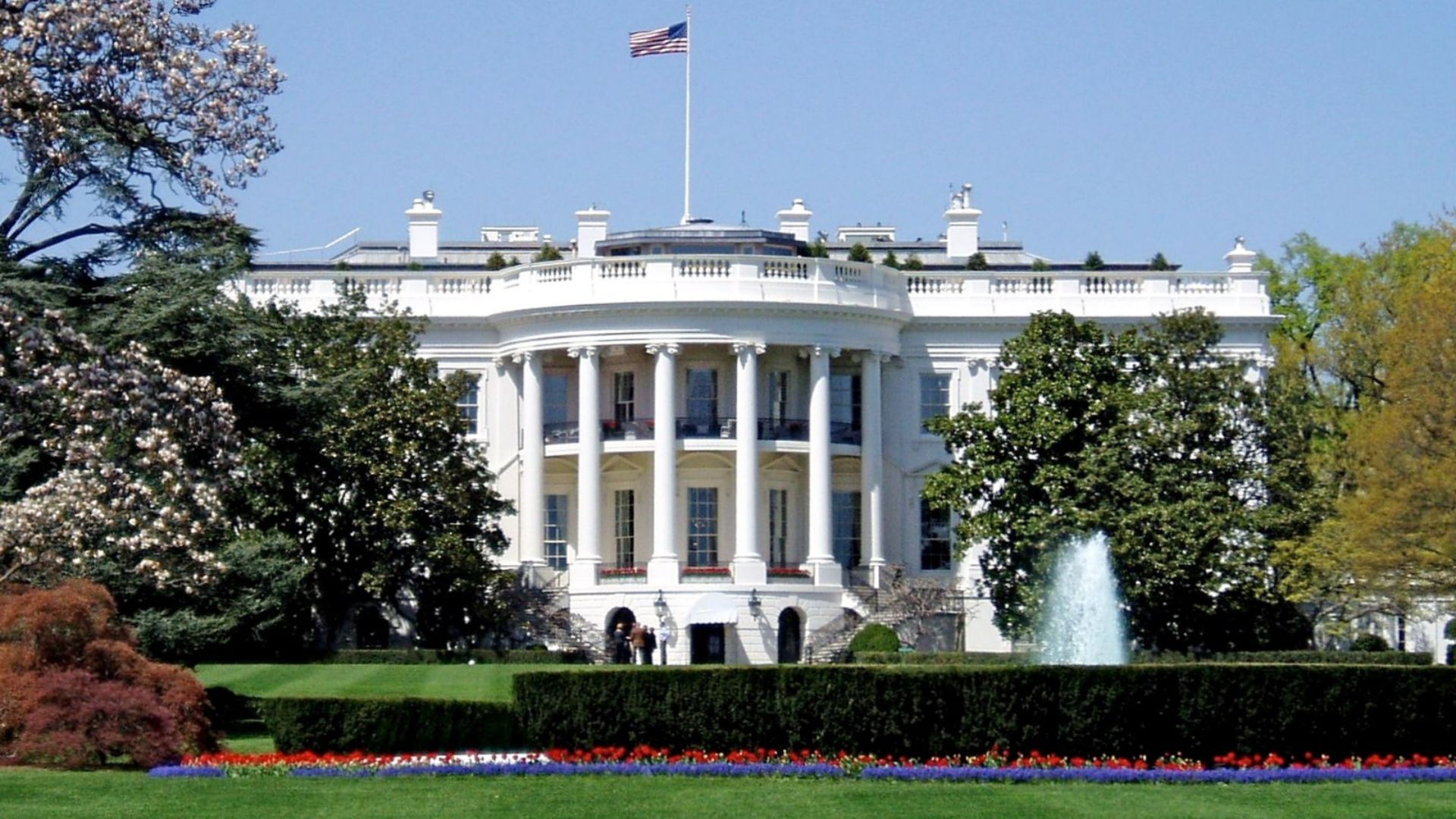
Now that Joe Biden has dropped out of the coming presidential race for 2024, he has been making moves to solidify his legacy while in office. Despite this loss, it is expected that the Biden administration will continue to fight for the average consumer.
“We are disappointed that a court sided with House Republicans, big banks and special interests to hit pause on a critical measure to save American families billions in junk fees,” said White House spokesperson Jeremy Edwards.








































